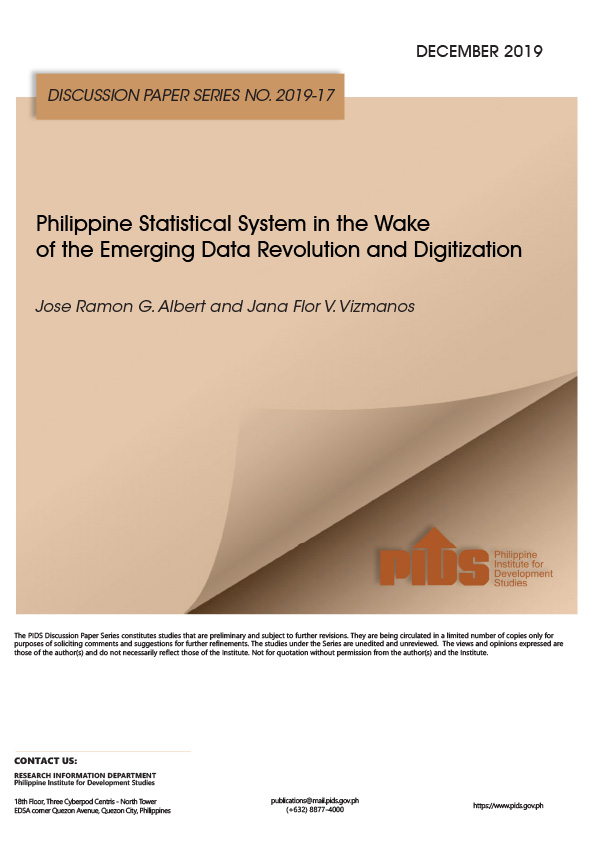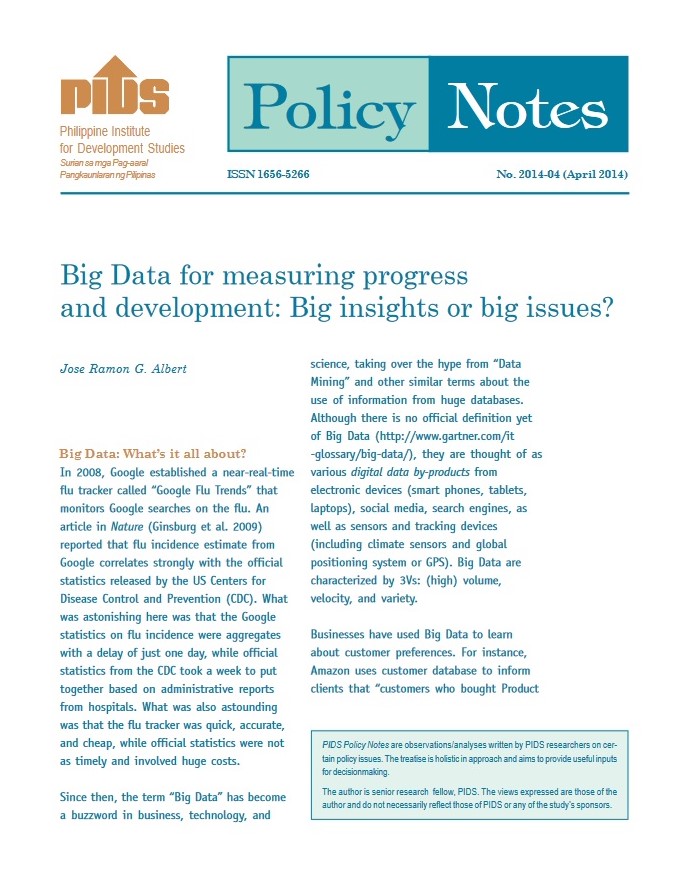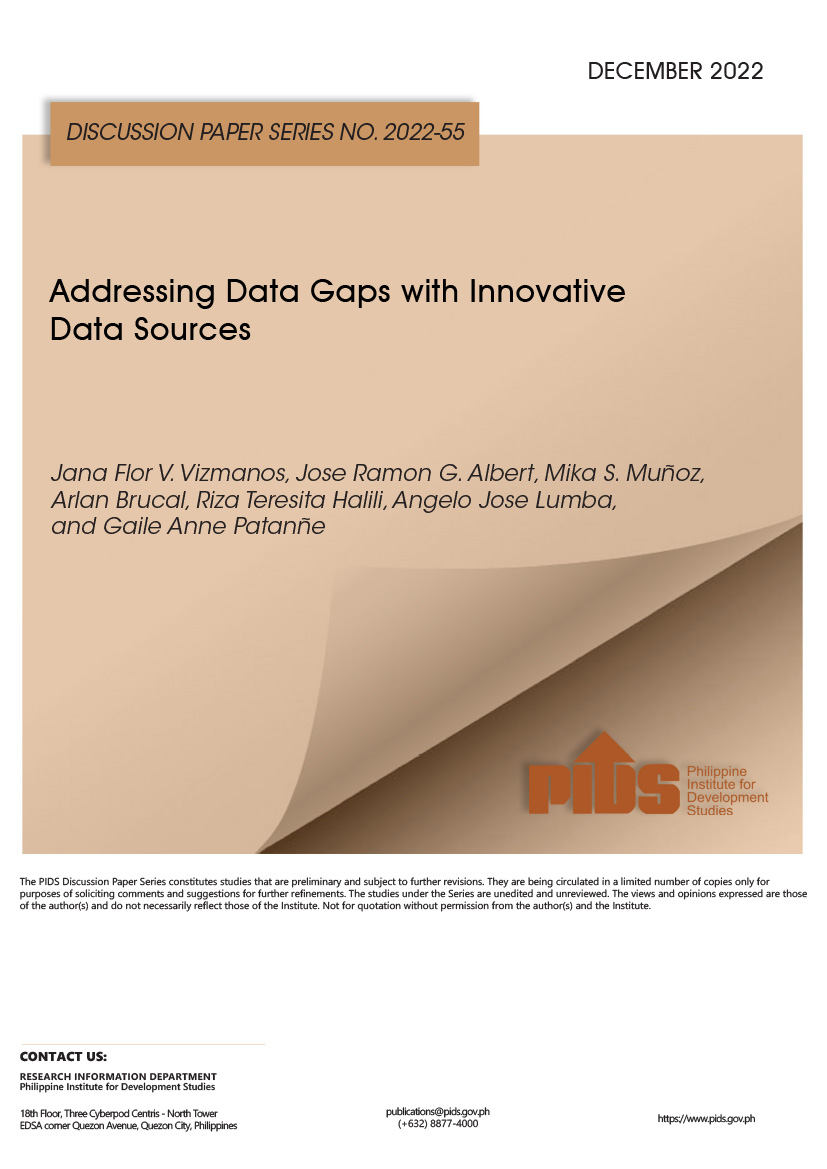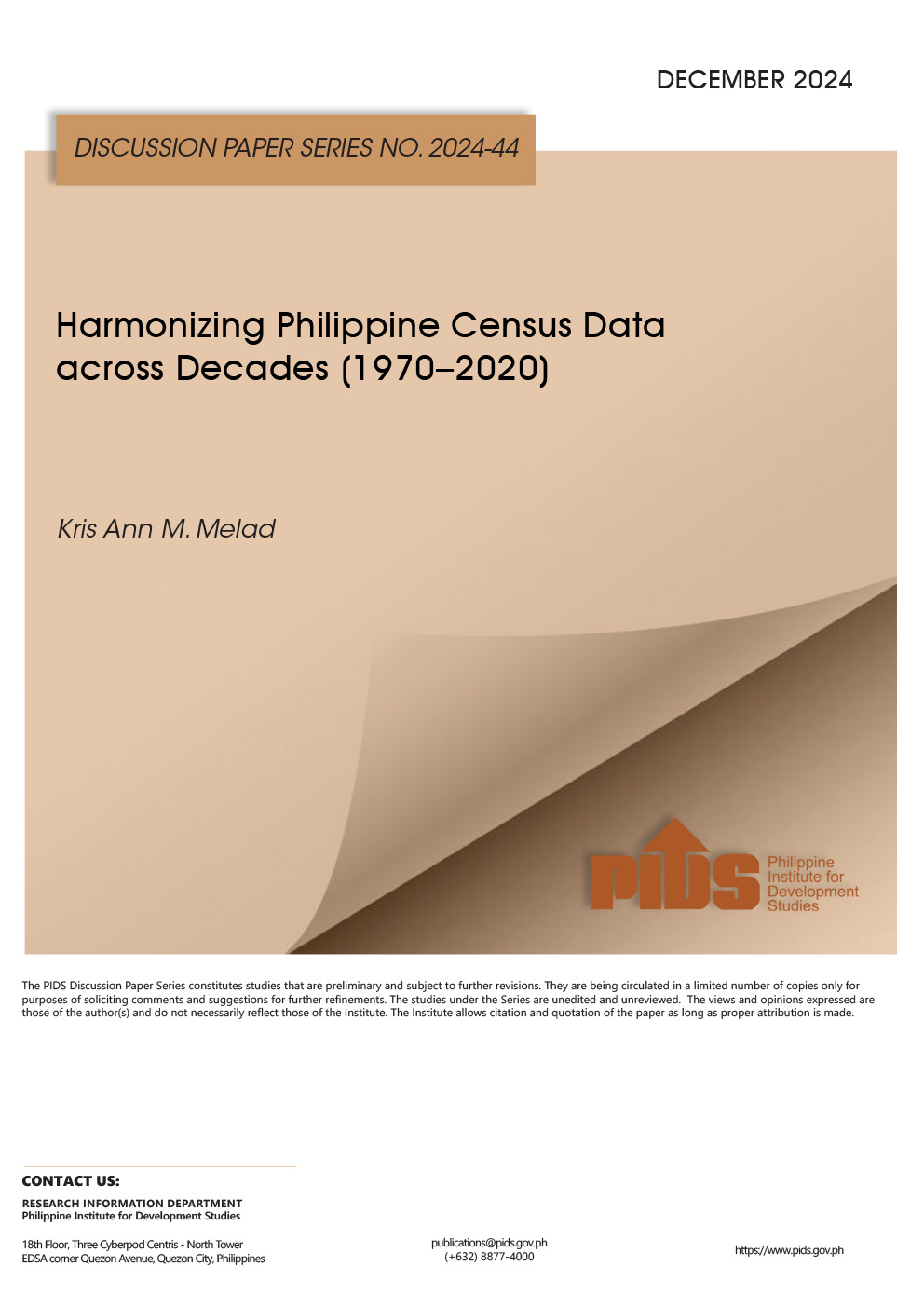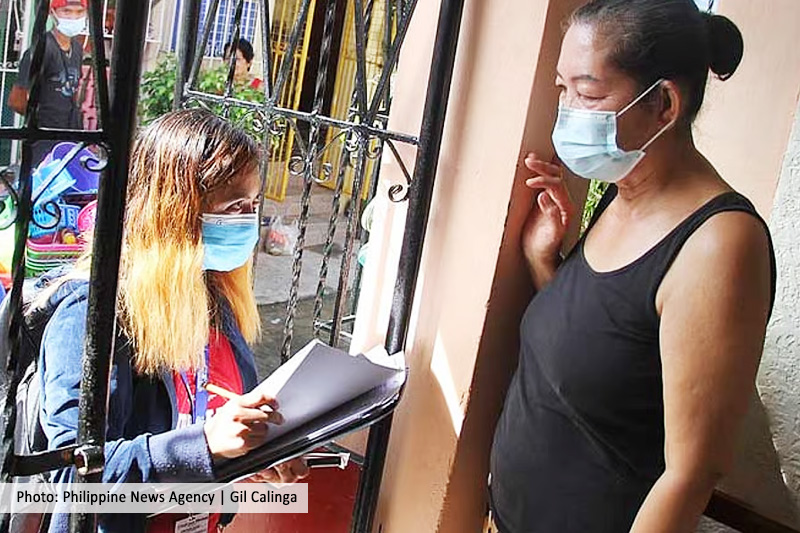The Philippine Statistical System (PSS), the government-wide system of providing statistical information and services, consists of the Philippine Statistics Authority (PSA) and other data producers in the public sector across all administrative levels; the Philippine Statistical Research and Training Institute (PSRTI), the research and training arm of the PSS; and the PSA Board (a policymaking body on statistical matters). Data producers release official statistics, i.e. data aggregates, sourced from primary data collections, and compilations of secondary data. In the wake of the many disruptions from various technologies of the Fourth Industrial Revolution and the concomitant digitization and data revolution, this study looks into how the PSS fares in the production and communication of (official) statistics required for development planning. It also examines how governance and other issues, such as open data and confidentiality, influence various dimensions of data quality (relevance, accuracy, timeliness, accessibility, interpretability, and coherence), as well as trust in data, data ecosystem, and the enabling environment of the PSS. The report points out that Republic Act 10625 defined an inter-agency PSA Board rather than an expert committee as the country’s Statistics Policy Council, as was recommended by the Valdepeñas Committee. This effectively eliminated a mechanism for external review of the PSA and the PSS. The conversion of technical committees into inter-agency committees further weakened outside expert input to PSA and the PSS. Agriculture and industry statistics remain very weak with PSA still relying on faulty procedures carried out by the former Bureau of Agricultural Statistics. Industry statistics weaknesses have been with the former National Statistics Office (NSO) from the beginning on account of defective sampling frames that do not readily track and deaths of firms. Further emphasis at the former NSO, including on training, had been on household-based info. PSA technical competence in statistics has weakened, as evidenced from the international assessments, as well as from the failure to release results of the recent agriculture census and operational breakdowns with the large discrepancies in the population and household counts. The PSRTI, like its predecessor organization, does more training than research, though, in both cases, activities are short-term and do not fully address the need for skills to lead and conduct statistics research and development. Finally, the benefits and harms that the Civil Registration System and the PhilSys, i.e., national ID, do and will do to official statistics need critical and objective re-examination with the view to recommend whether these systems should stay with the PSA.
Citations
This publication has been cited 1 time
- Ordinario, Cai. 2020. National ID, non-statistics roles may distract PSA work–study. Business Mirror.

